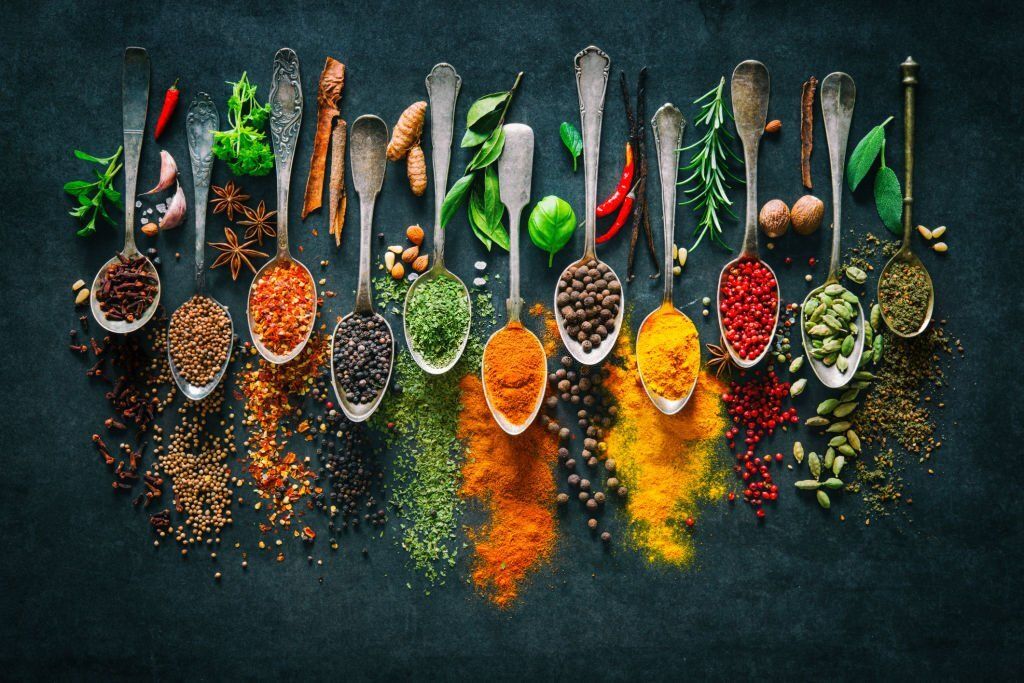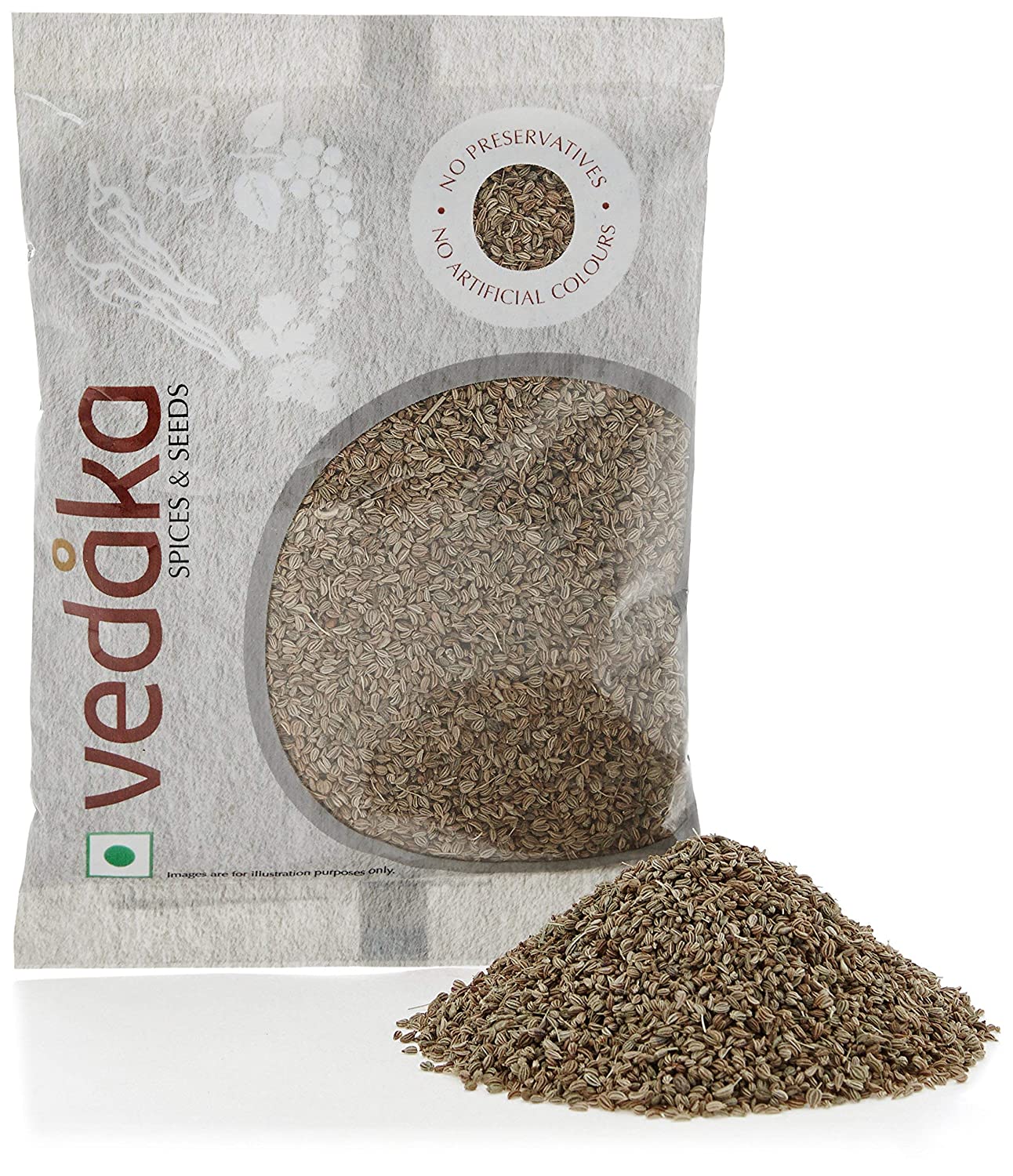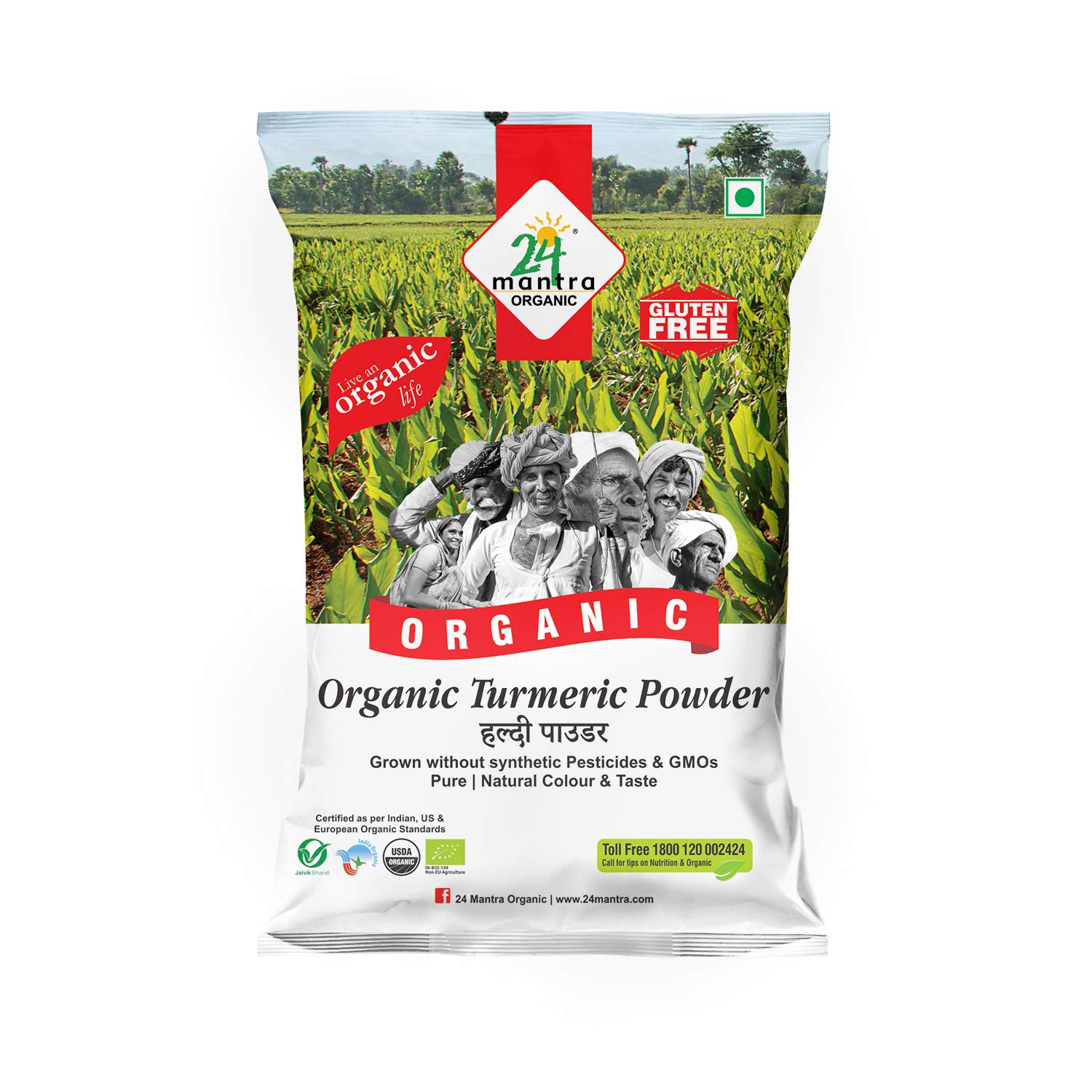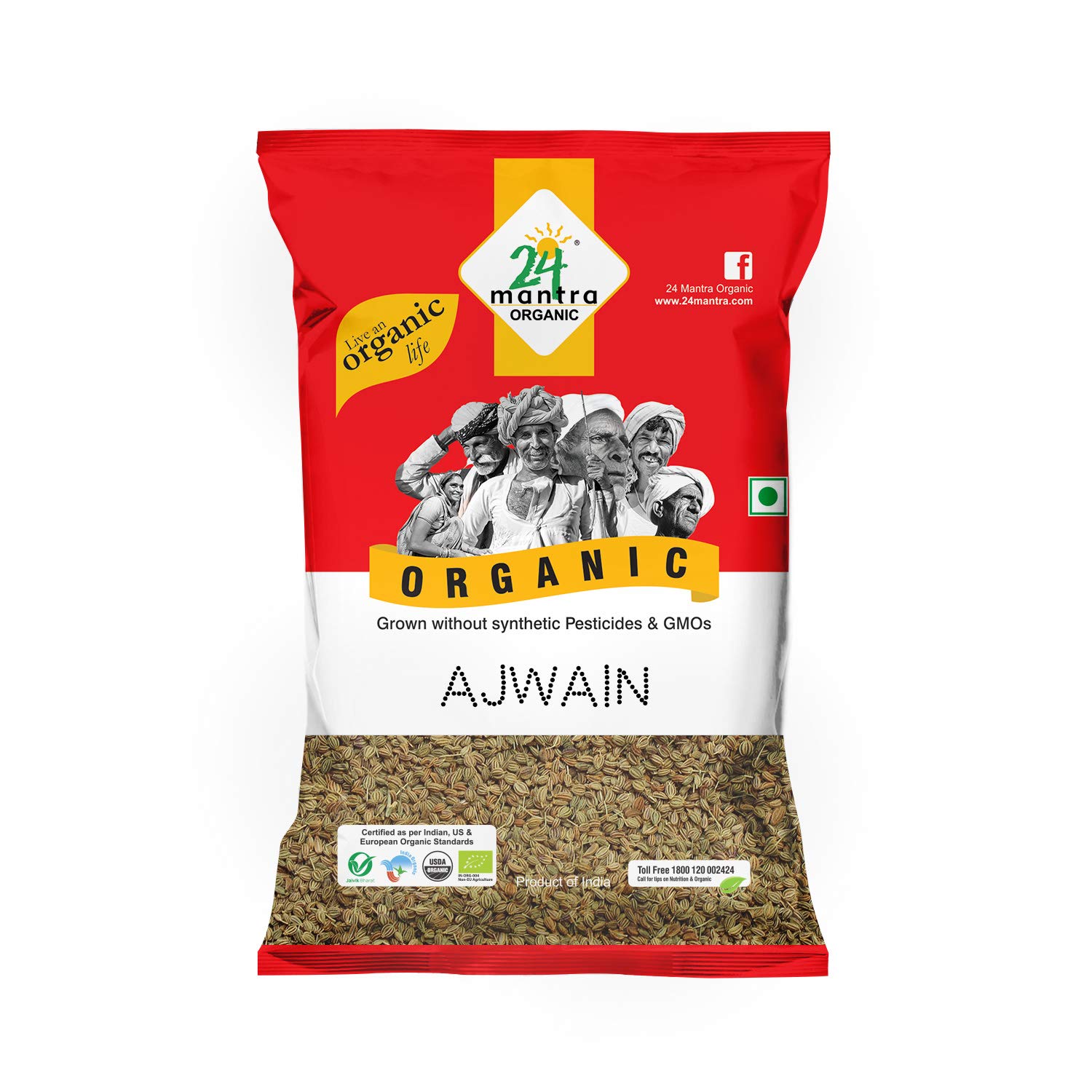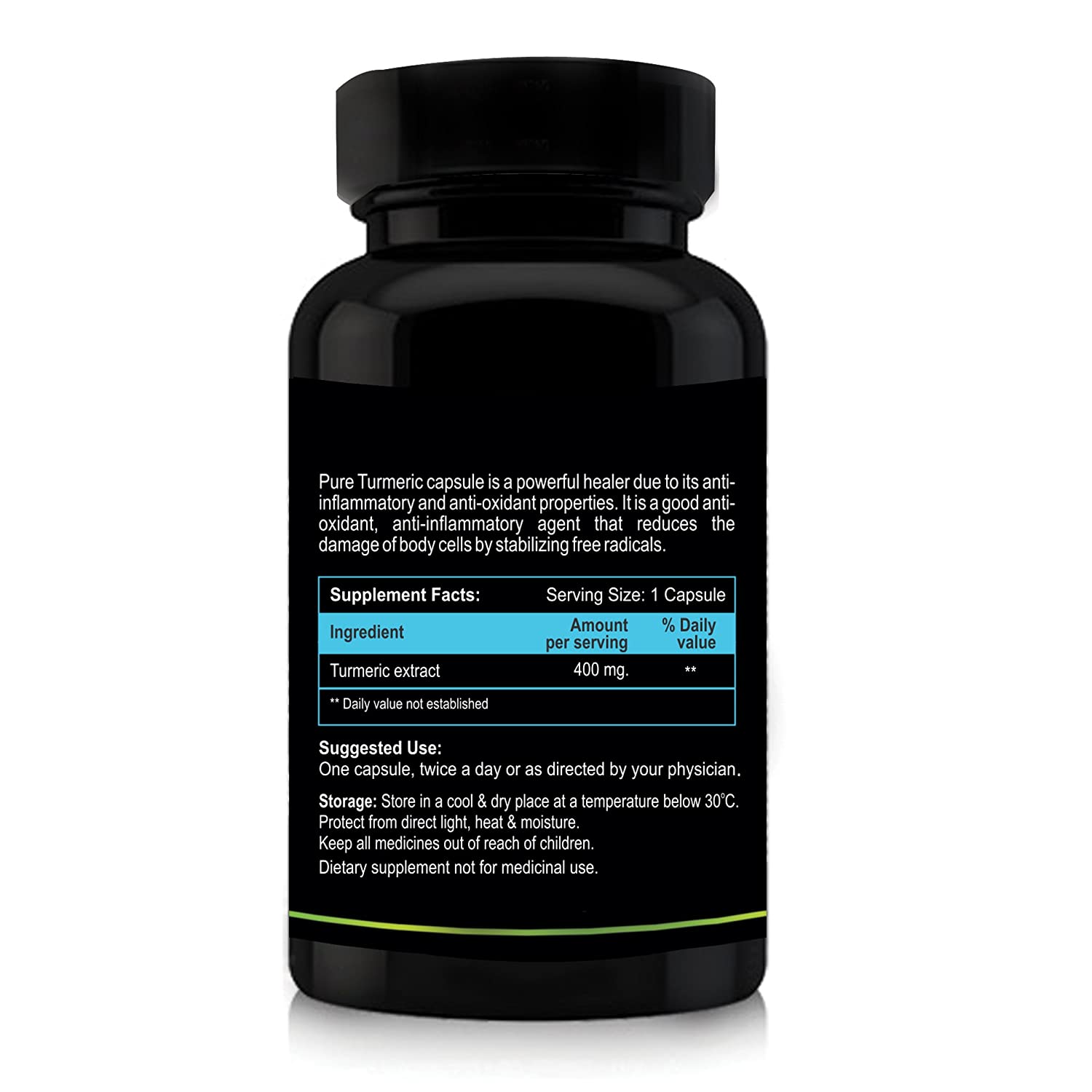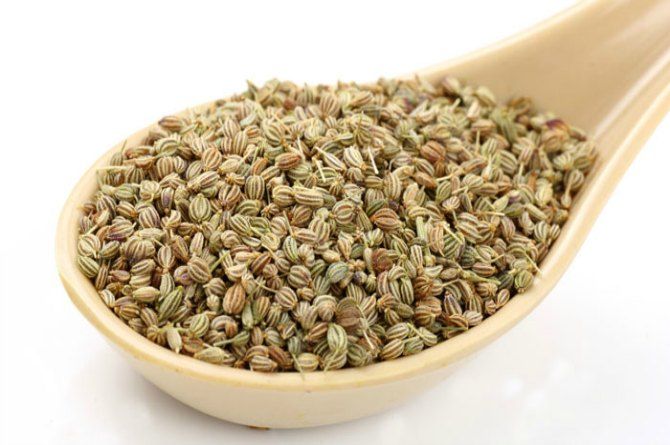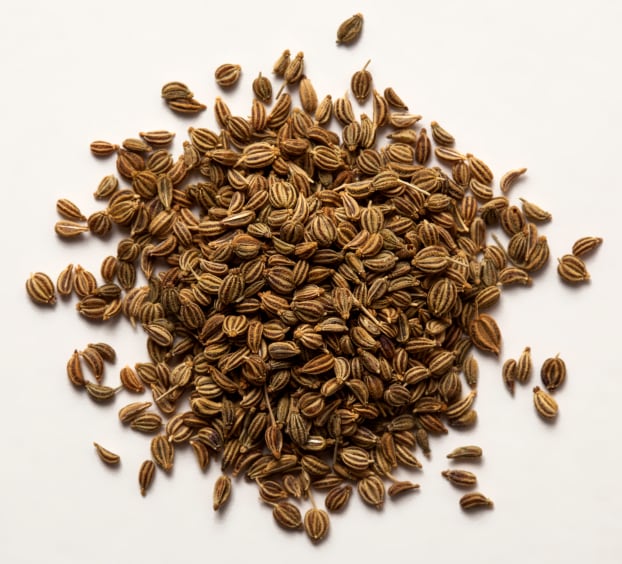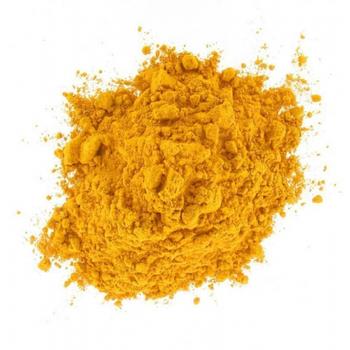Published Date January 24, 2003
The reason why Indian cuisine stands out!
By Hetvi Shah
4 min read
Last update date: January 24, 2003
Turmeric has anti-inflammatory and anti-bacterial properties, while Ajwain or Carrom seeds can help relieve gas.
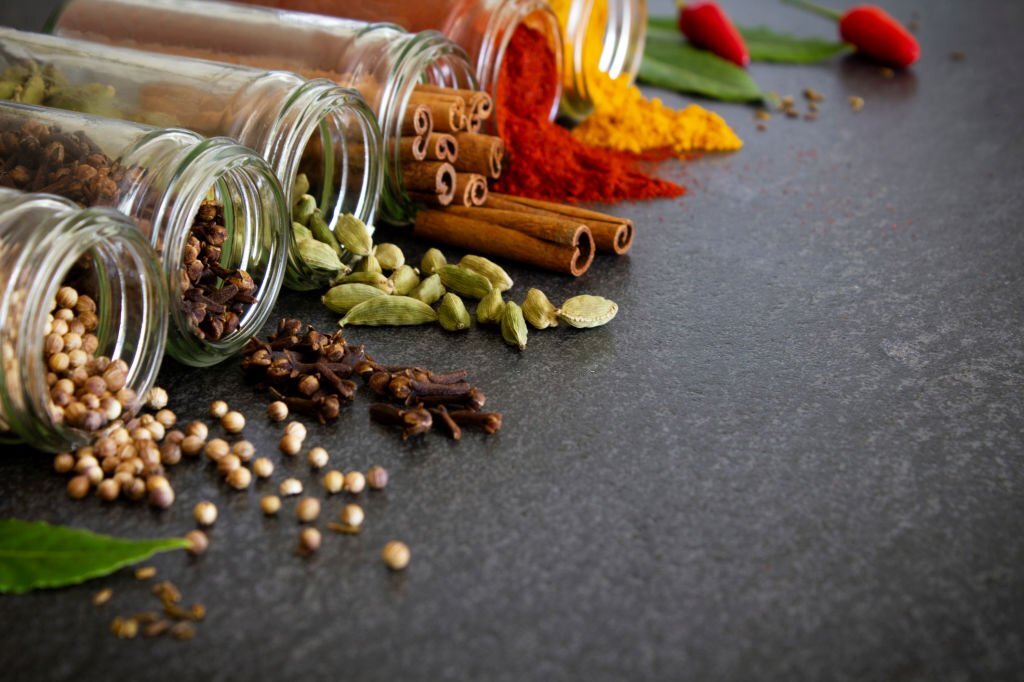
Spices have been a part of our diet since we discovered them. The aroma that comes while your mom is tempering the dal, makes you sneeze a few times but, that’s what makes it taste better.
This aromatic blend of spices is what makes Indian cuisine stand out among others.
Everyone advises eating home-cooked food to maintain our health. Even though we use spices in very small amounts, they provide us with acceptable health benefits.
Focusing on the potential health advantages of Indian spices might help you understand them better.
Importance of Indian Spices
Spices contribute to giving your bland food a good flavour. They are natural flavour enhancers and also keep you healthy at the same time. Turmeric has anti-inflammatory and anti-bacterial properties, while Ajwain or Carrom seeds can help relieve gas.
But these are just a few benefits of spices that we know. Several others and their benefits are included in this piece, which not all of us would have known about.
Turmeric
The prominent, eye-catching yellow colour in the dal is all because of turmeric. It contains several substances categorised as curcuminoids. One of the most important among them and the primary active ingredient in turmeric is curcumin.
Health benefits of turmeric
- Anti-inflammatory and Antioxidant properties
Heart disease, cancer, Alzheimer's disease, and other nerve damage can all be caused by chronic inflammation. Curcumin lowers inflammation and as a result the likelihood of falling sick to such diseases.
One of the causes of many illnesses and ageing is oxidative damage. Curcumin is a strong antioxidant that helps prevent oxidative damage. - Boosts brain health
Brain-derived neurotrophic factor (BDNF), is a protein hormone, which promotes the life of neurons in the brain. It is linked to common brain disorders. Curcumin helps maintain BDNF levels, boosting brain health as a result. - Lowers the risk of heart disease
One of the main causes of heart disease is improper functioning of the blood vessel's inner lining. Curcumin improves its functions and lowers the risk of heart disease. - Prevents cancer
Studies have shown that consuming curcumin causes cancer cells to die and keeps cancer from spreading.
The body must absorb curcumin in the required amounts to obtain the benefits. The body cannot absorb curcumin as readily as it can absorb other food components but with the consumption of piperine (black pepper), the absorption increases by 2,000%. [1]
Carom seeds/Ajwain
Apart from their bitter taste, carrom seeds are super nutritious. They are rich in fibre, antioxidants, vitamins and minerals such as thiamine, niacin, sodium, and potassium. They also contain a compound called thymol, which elicits aromatic fragrances in the seeds.
Health benefits of carom seeds
Ajwain is a great remedy to cure colds and coughs. It also aids digestion and relieves stomach pain and uneasiness.
- Lowers blood pressure
Carom seeds are believed to prevent calcium from entering the blood vessels helping maintain lower blood pressure. - Relieves joint pain
Carom seeds have anti-inflammatory properties. They reduce swelling, redness, and pain in the joints. - Enhances good cholesterol
These seeds contain reasonable amounts of fibre and fatty acids. This help to lower the levels of bad cholesterol and increase the levels of good cholesterol. - Relieves respiratory problems
Carom seed water keeps your lungs clean to prevent blockage. This is the bronchodilatory effect that benefits asthma patients. [2]
Cloves
Cloves can be used whole or grounded. They are used to flavour baked items, season meats, and spice up curries.
Health benefits of Cloves
Cloves are a great source of beta-carotene which imparts their brown colour. Carotenes are important antioxidants and provitamins. They can convert into Vitamin A, a nutrient important for eye health.
- Anti-inflammatory
Cloves contain anti-inflammatory substances like Eugenol. It can reduce inflammation, lower the risk of Arthritis and help manage its symptoms. - Antioxidant property
Eugenol in cloves is also a potent antioxidant. It helps reduce the risk of developing heart diseases, diabetes, and certain cancers. - Reduces ulcers
Research shows that eating cloves can thicken the stomach's lining, (which protects the stomach from ulcers). So it lessens the chance of getting ulcers and aids in their recovery. - Enhances Liver health
According to studies, eugenol can lower the risk of fatty liver disease and liver cirrhosis. It might also enhance essential liver functions. [3]
Black pepper
Black pepper in Sanskrit is referred to as Pippali. It enhances the flavour of the food and acts as a natural preservative.
Health benefits of Black pepper
It has a bioactive compound called piperine (an antioxidant). Piperine imparts the spicy taste and health-boosting properties of Black pepper. Piperine is thought to help reduce the risk of chronic diseases like atherosclerosis, cardiovascular disease, and neurological disorders.
- Enhances digestive and intestinal health
Black pepper helps stimulate stomach acid to aid digestion and improve the absorption of food. It also reduces discomfort by relieving gas buildup in the intestines. - Improves overall health
White blood cells, which the body employs to fend off invasive bacteria and viruses, are strengthened by the active substances in black pepper. [4]
Takeaway
As we all know, spices can help with various minor health problems, including the common cold and gas. But they have also proved helpful for several severe illnesses and ailments. Spices are not merely flavour enhancers, they are crucial to our health too. All spices are predominantly known for their anti-inflammatory and antioxidant properties. While they also enhance our overall health by improving our immunity and helping prevent chronic diseases like heart disease.
References
Keep reading
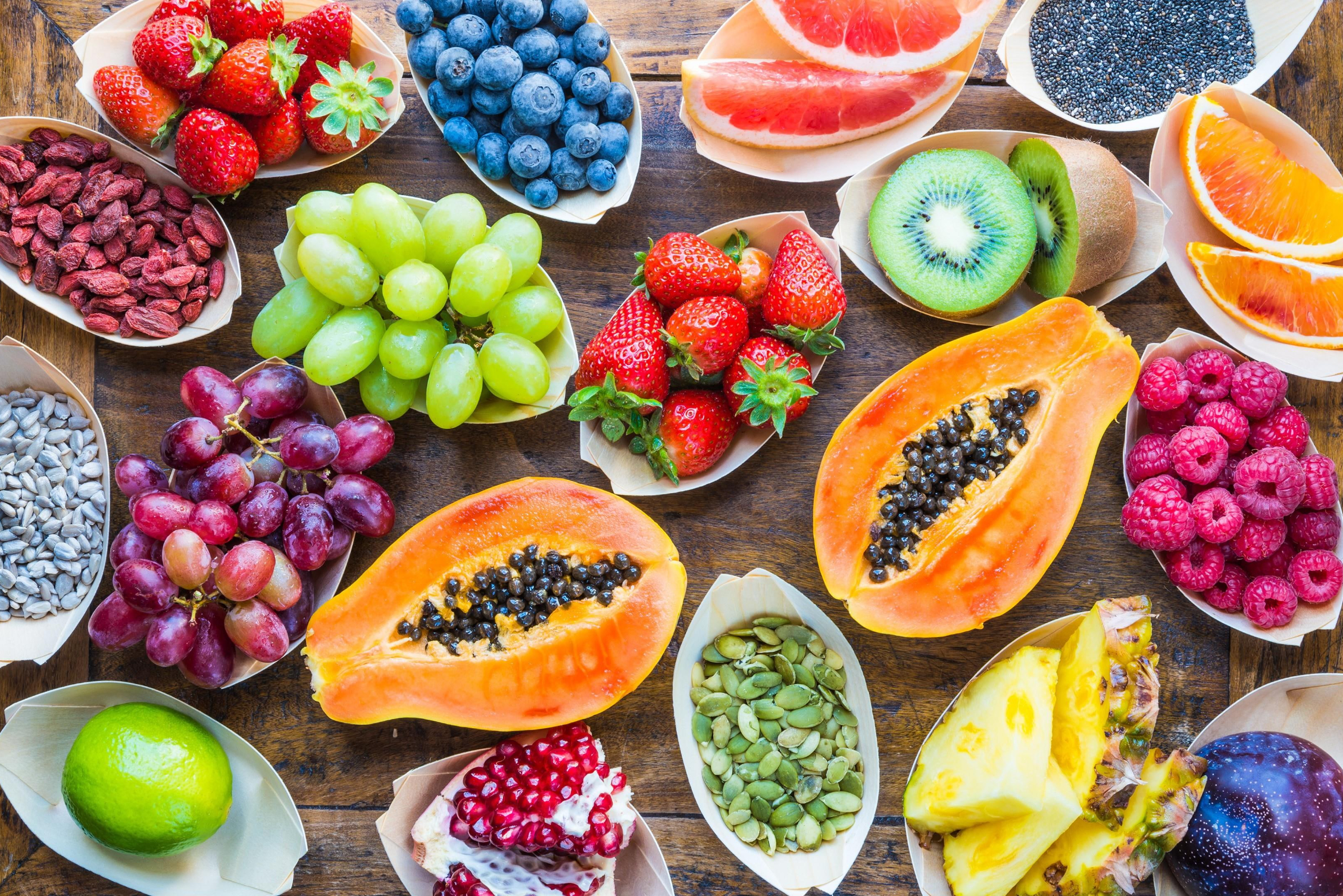
Why are superfoods so hyped?
All about antioxidants, fatty acids, Berries and superfoods.
By Naurin Ansari

Why do bodies get sick often?
Pathogens are lined with antigens and these antigens are responsible for stimulating an immune response in the body.
By Hetvi Shah

Why is Parmesan cheese considered non-vegetarian?
The reason why parmesan is non-vegetarian is “Rennet”. Rennet comes from an organic substance that contains an enzyme called renin.
By Naurin Ansari
Related Items
Choose Healthy With Us.
Know the real truth about your food. Stay informed and healthy, for free.

Download the App Now
Certified nutritionists trust our food recommendations. Safe to say, so can you :)




